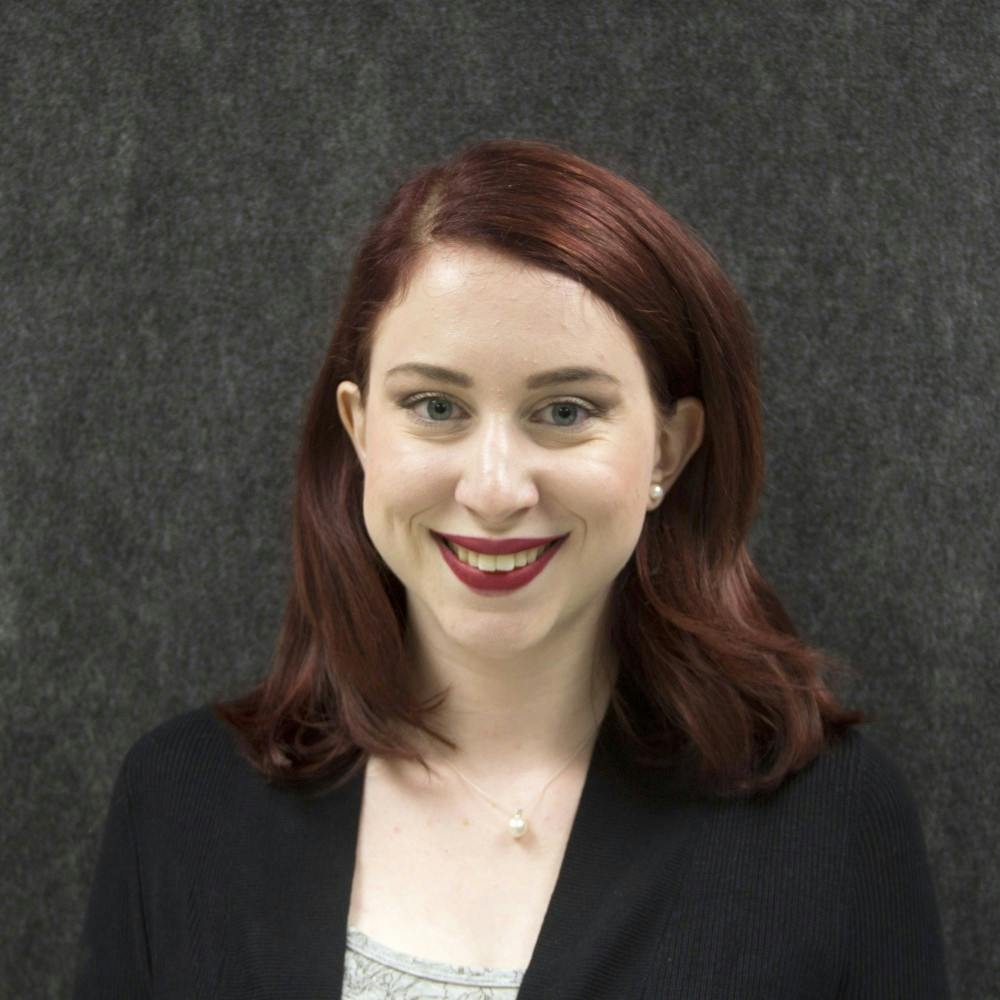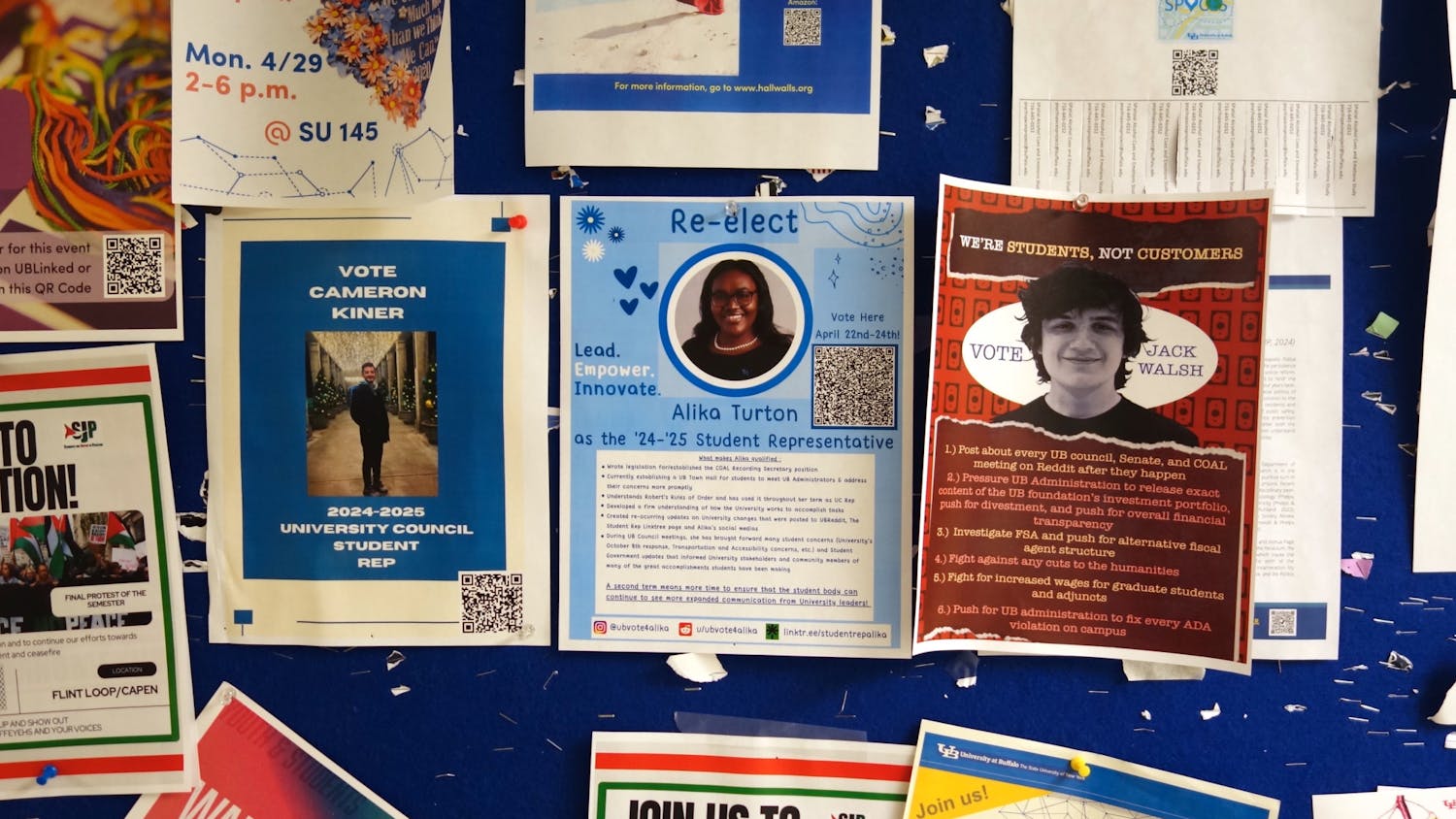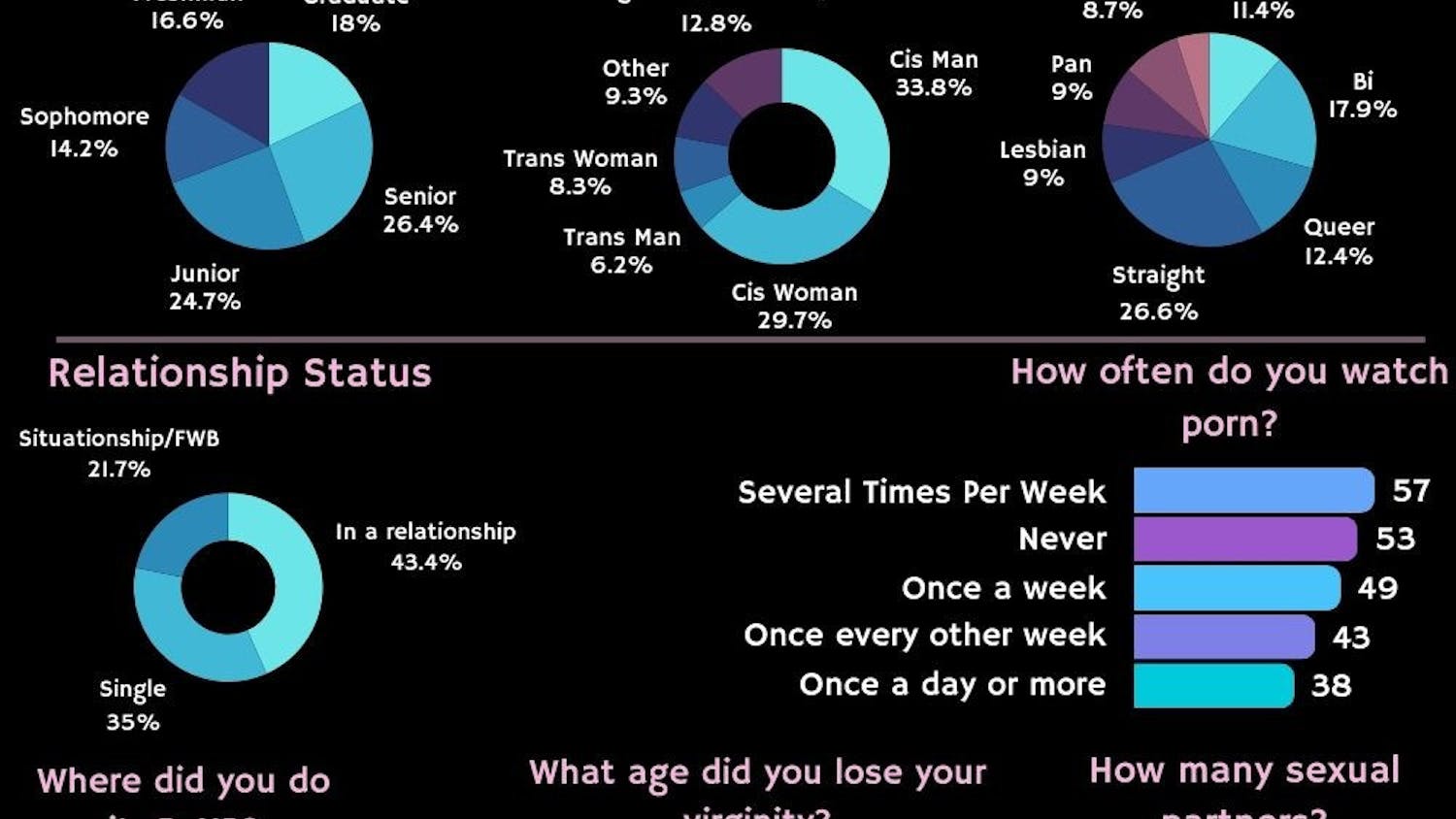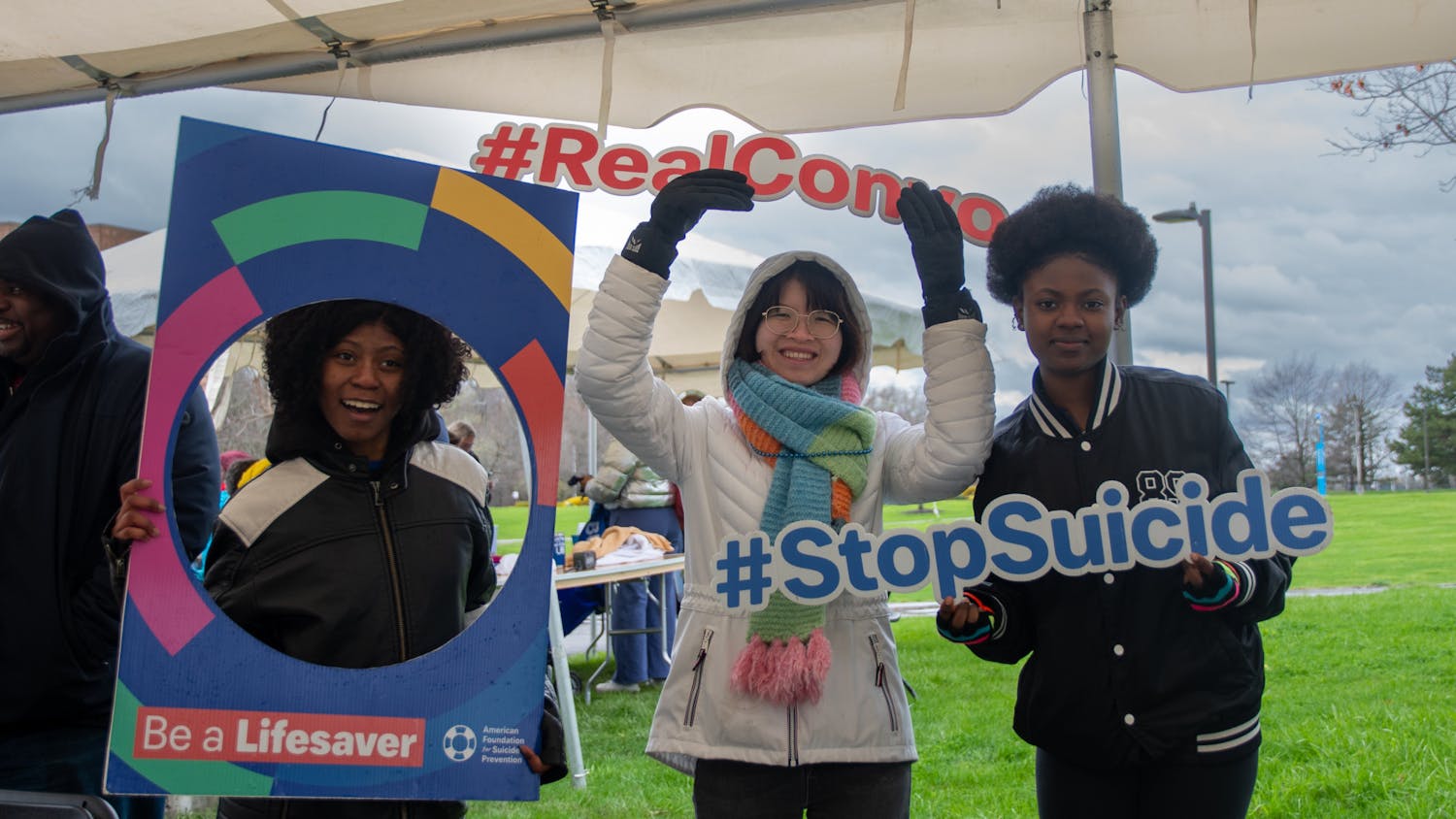“Now that big butts are trendy, hopefully eating disorders will go down,” I overheard a stranger remark the other day. And I haven’t been able to get this misguided comment out of my head ever since.
Body positivity is a growing movement, and that is something to celebrate. Plus size models are landing mainstream campaigns and teen magazines that once touted trendy diets are encouraging young girls to love their bodies.
But suggesting there is a direct correlation between attitudes about bodies and eating disorders indicates a gross misunderstanding of how eating disorders work. It’s like suggesting being neat and organized is correlated with Obsessive Compulsive Disorder, or being sad sometimes means you have Major Depressive Disorder. Or that having mood swings means you have Bipolar Disorder.
Distorted body image is symptom of many eating disorders, which are genetic, neurobiological conditions. I didn’t wake up one day in high school, look at the cover of Cosmopolitan and decide I needed to throw up my lunch.
My eating disorder crept into my life slowly. I found myself skipping meals here and there when I felt depressed. I felt urges to make myself throw up my meals when I felt anxious. It was a means to distract from my feelings, to numb myself, to cope with pain that I did not want to face. Yes, I was insecure about my body, but the weight was just a scapegoat for a much deeper self-loathing and inability to cope.
I’ve been in recovery for four years, but I still feel uncomfortable in my body sometimes. However, my discomfort is less about a desire to look a certain way or meet some cultural standard of thinness.
When my eating disorder was active, being small made me feel safe. Skipping meals made me feel powerful. It made me feel like I was in control while my life was falling apart. When I had nothing else to hold onto, at least I was thin. As if that was some sort of accomplishment.
I know my new, recovered body probably doesn’t look all that different to anyone but me. I’ve gained about twenty pounds, a dress size or two, depending on the brand. But this body still feels foreign sometimes. Big, unwieldy and alive. This new body enables me to live the kind of full, rich life I never imagined I could have when I was sick. Filled with dancing and brownies, friendship and falling in love, traveling to big cities and achieving my goals and dreams. But experiencing all of these delights comes at a cost—it also means feeling pain, heartbreak, anxiety, disappointment and frustration. My eating disorder acted as a shield from those painful emotions. But it also held me back from feeling joy and living life.
When I say I feel “big”, I don’t mean fat. I mean I feel acutely, painfully human and fallible. It means I’m living my life and feeling my feelings—and that scares me. It means I feel like I’m just one giant, exposed nerves with all my pain and vulnerabilities plastered across my face.
Too many eating disorder awareness organizations perpetuate this false narrative that there is a direct correlation between societal beauty standards and eating disorders. Eating disorder awareness organizations and society in general need to stop perpetuating this myth that eating disorders are a result of teen girls not loving their bodies enough. Or that teen girls are the only demographic that battle this deadly disorder.
The tens of thousands of young boys with eating disorders aren’t starving themselves to death because they want to look like Cara Delevingne. I wasn’t risking my life by maintaining a dangerously low calorie diet and throwing up what little I did eat just because I wanted to look like the celebrities in my Teen Vogue subscription. Young girls don’t start engaging in eating disorder behaviors just because their Barbie dolls have unrealistic proportions.
Eating disorders are a dangerous disease that need to be discussed and addressed–but we need to make sure we are having the right conversation.
Maddy Fowler is an assistant features editor and can be reached at maddy.fowler@ubspectrum.com





